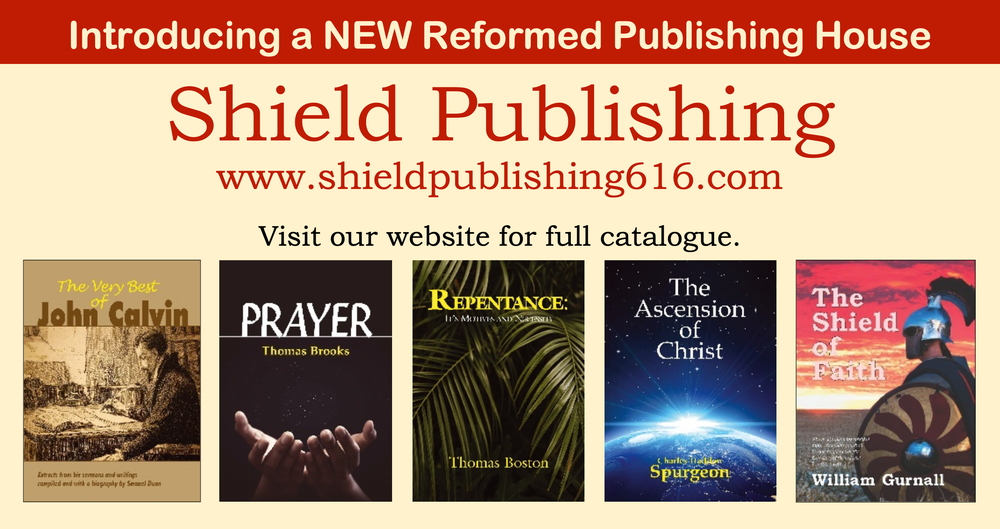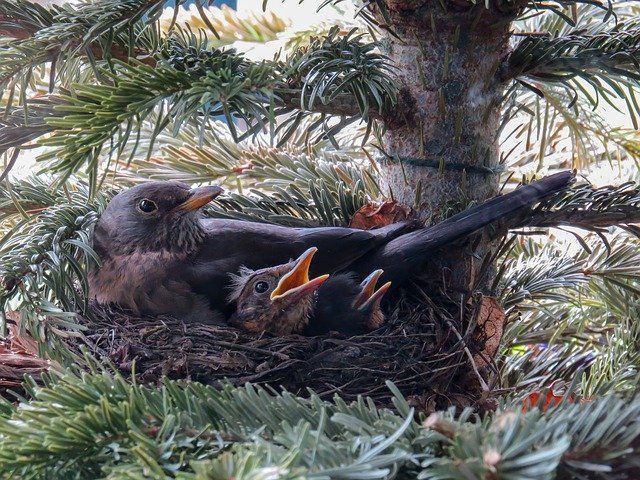
Nature serves to illustrate many spiritual truths. Wanting to illustrate the value of hard work and planning, Solomon said, ‘Go to the ant you sluggard, consider its ways and be wise!’ (Proverbs 6:6). References to nature can be found throughout Solomon’s proverbs.
Consider some verses in Proverbs chapter 27. Verse 7 states: ‘He who is full loathes honey, but to the hungry even what is bitter tastes sweet’. This brings home powerfully the lesson that there is nothing like a little bit of hunger to make one thankful, and that abundance can make us overly particular. Of marital unfaithfulness, the writer says, ‘Like a bird that strays from its nest is a man who strays from his home’ (v. 8). The instinctive behaviour of birds shows how unnatural and despicable marital unfaithfulness really is. Even the birds know better!
In the previous article, I tried to show how powerfully nature illustrates spiritual truth. But what else can do it for us?
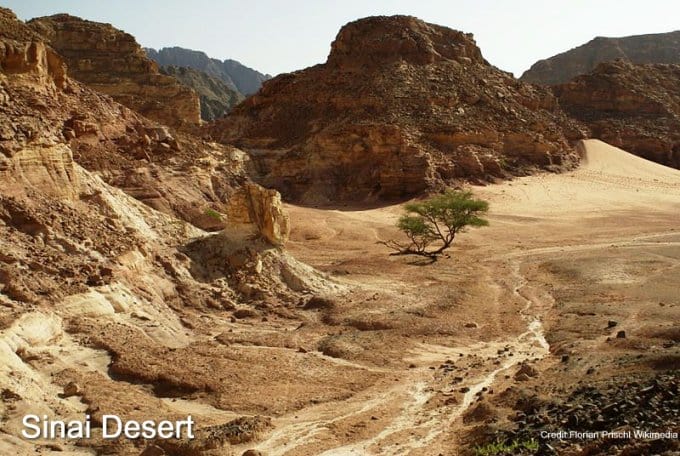
A place for meditation
Nature provides the ideal environment for quiet. We all need times of quiet reflection when we can think about the course of our life, pray, meditate and plan for the future. In the midst of stressful and worrying circumstances we need time for the Spirit of God to minister peace to our spirits. With noise and distraction so much a part of modern life, where can we find a place conducive to meditation? Moses had a visitation from God while alone in the desert. Later, on the barren heights of Mount Sinai, God revealed his law.
The harsh environment of a desert might seem an unlikely place for meditation. Not so! When we served as missionaries in Pakistan we were impressed by the serenity and beauty of the desert dunes. In the cooler season, we often took the children there for a picnic away from the crush of town life. There was something quiet and serene about the marching ripples of the sand.
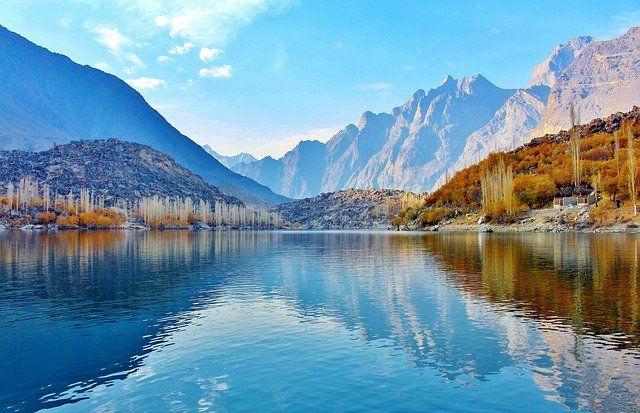
Throughout Scripture we find reference to mountains and streams, sea coasts and gardens. God fellowshipped with Adam and Eve in the cool of the evening as they walked together in the Garden of Eden. I have no doubt that many of the psalms we appreciate so much were composed in natural settings of quiet beauty. No wonder the worshippers in Philippi had a habit of going down to the riverside to worship and pray. It was there that Paul and Silas met Lydia, the first convert and member of the church at Philippi.
A place of strength
We can find renewed strength in meditation and prayer. I well recall a heavy summer of ministry in Pakistan. We were in the mountains, where I had been asked to minister the Word to missionaries gathered for spiritual refreshment. I was a young missionary and quite overawed by thoughts of the discriminating congregation I would have to address. I found a rock in a quiet thicket of sheltering trees, where I would sit and seek the Lord and think about my sermons. It was a wonderful and precious place of strength.
Before commencing his busy ministry, Jesus went away to a solitary place in the wilderness. We read that the animals were with him there (Mark 1:13). It was in the Garden of Gethsemane that Jesus himself found the strength he needed to face the cross. Years later, Paul sought solitude in the Arabian desert, where God gave him a mighty revelation of the gospel.

A place of enjoyment
The traffic jams on highways heading north every summer weekend show how much people enjoy the beauty of our northern lakes and forests in Canada. Every country road reverberates with the traffic of city slickers, yearning for the open country.
God created all this natural beauty for our benefit. ‘God richly provides us with everything for our enjoyment’ (1 Timothy 6:17). Being the good and gracious God he is, he ‘causes his sun to rise on the just and the unjust’. Nature provides one of the great examples of God’s common grace, so abundantly spread before us all.
Sometimes sincere Christians are so intense in their zeal for God that they fail to balance their lives with periods of enjoyment. How sad this is, since God especially designed the beauty around us for the enjoyment of his own redeemed children. This year our cups have run over with joy through the beauty of nature. Along the seashore on St Simon’s Island, a never-ending panorama of birds and beaches, sea and sky entranced our wondering eyes. Sunsets particularly overwhelmed our senses. Every evening for weeks, almost without fail, the divine Artist spread a new palette of colour along the western sky. As daylight waned, cars would line up in the parking lot by the pier, so that their occupants could watch God’s evening artistry.
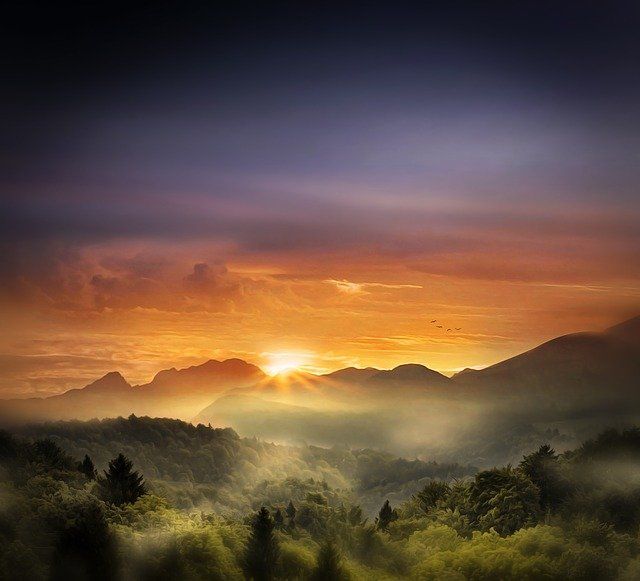
In Psalm 65:8 the writer describes the early morning and evening bursts of colour: ‘when morning dawns and evening fades you call forth songs of joy’. God has given us the beauty of morning and evening to prompt from our lips a cry of joy. God expects us to enjoy his handiwork.
A place of beauty
While on St Simon’s Island we carried around a bird book and binoculars. Later, in the mountains, we took a book on wild flowers. Again and again we were astounded at the beauty and variety of birds and flowers. The Great Smokey Mountain region is home to over 1,500 varieties of flowering plants, from the rhododendron to the painted trillium. We were able to identify over a hundred wild flowers, many of which we had never seen before.
Part of the reason for our delight stemmed from the fact that previously we had been too busy to enjoy the bounty of God’s creative handiwork. In lovingkindness, he gave us an unhurried time to enjoy his great outdoors. All of us need to take time, an hour here, a day there, or perhaps a week, to wander through wild country, enjoy a park or watch a sunset. God expects it of us.
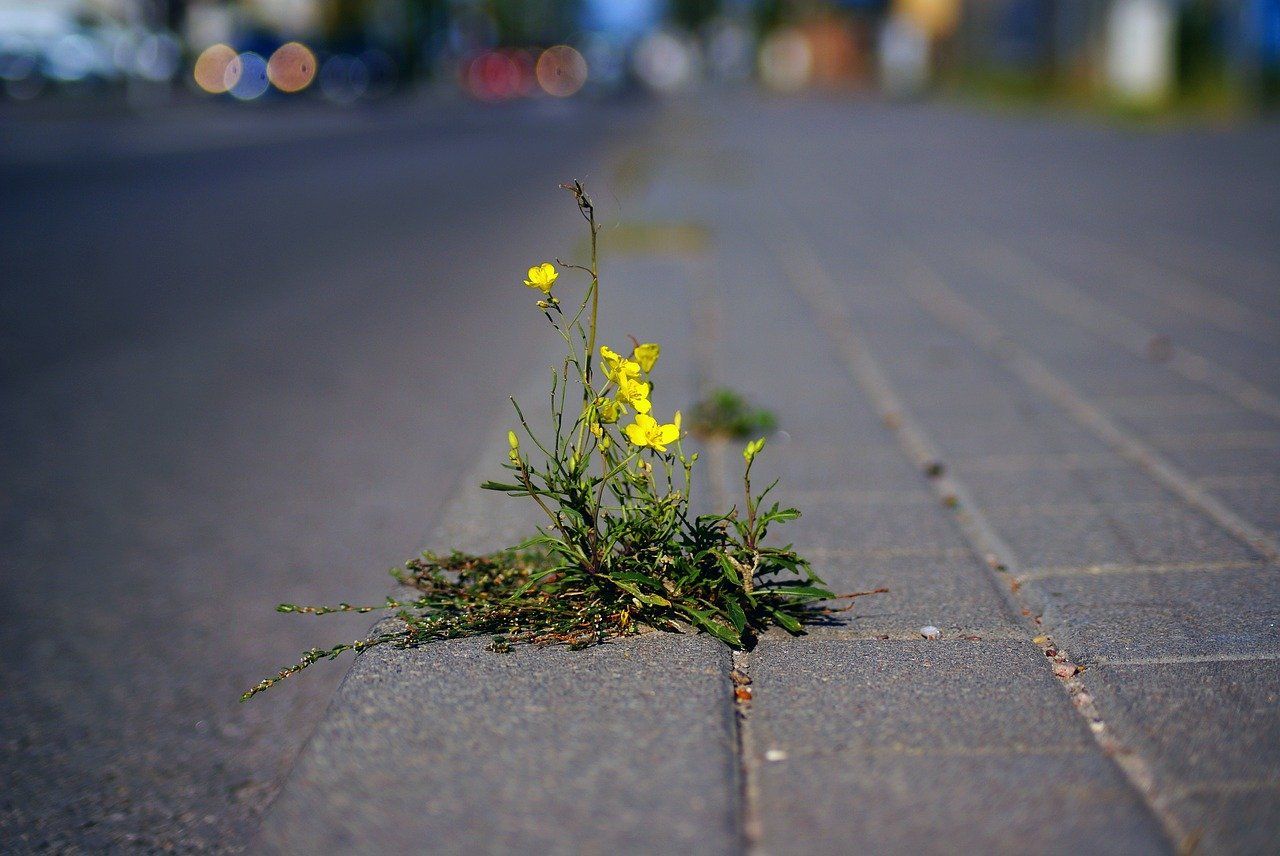
A place of wonder
A shabbily dressed mother and toddler daughter were walking down an alley lined with trashcans and debris. The alley was paved in cracked brick. Concrete walls lined one side, while a rusty wire fence snaked down the other. Suddenly, the girl pulled free from her mother’s hand to toddle over to a bleached utility pole. She knelt down by a weed pushing its way through the cracked brick. It was topped with a pretty flower.
That young child was instinctively drawn to the one thing of beauty in that dismal alley. God loves beautiful things. He spreads them all around us to enlighten our days and remind us of his own beauty in a fallen world. He expects us, like the little girl, to stop from time to time and wonder at his handiwork.
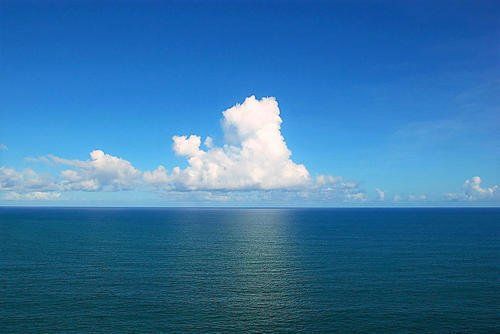
A place of understanding
The study of nature is a delight! But unless we have the key to unlock its treasures we will miss four of the five ways nature can enhance our lives. Naturalists take to the field with books on identification. But without the ‘textbook’ that summarises nature’s source and purposes, we miss its real lessons.
The Bible reveals the origin and purposes of nature. In its pages we learn of God’s creative power and wisdom; how nature reflects God’s glory; and the final purposes towards which all things move. We learn too about the Fall, which introduced a principle of disharmony into our world and gave us ‘nature red in tooth and claw’. Only the Bible can help us truly sing:
The spacious firmament on high,
With all the blue, ethereal sky,
And spangled heaven, a shining frame,
Their great Original proclaim:
Th’unwearied sun, from day to day,
Does his Creator’s power display;
And publishes to every land
The work of an almighty hand.
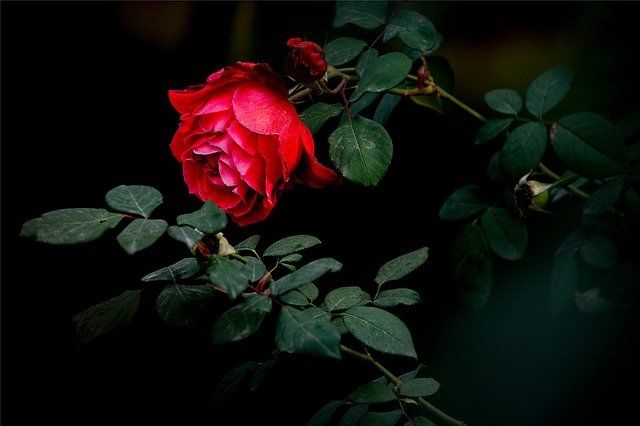
But most important, the Bible acquaints us with the key essential to a real understanding of nature. What is that key? It is a person, Jesus Christ, for ‘through him all things were made; without him nothing was made that has been made’ (John 1:3). Or, as the apostle Paul explains in Colossians: ‘All things were created by him and for him. He is before all things, and in him all things hold together’ (Colossians 1:16-17).
As we hold a rose in our hand, or gaze in wonder at the sunrise, we know that all these things were created in the artistic studio of the Son of God. What is more, they continue to unfold their beauty before us by the express and continuing governance of the resurrected Christ, for he is ‘upholding all things by the word of his power’ (Hebrews 1:3).
Those who hear the gospel of Christ’s death for our sins and resurrection for our justification, and are born again, responding in repentance and faith, begin a process of reconciliation with the meaning and purpose of nature. As someone has written:
Heaven above is brighter blue,
Earth around is softer green.
Something shines in every hue,
Christless eyes have never seen.
May the Lord give us eyes to see in nature his majesty and might, and to enjoy it to the full.





